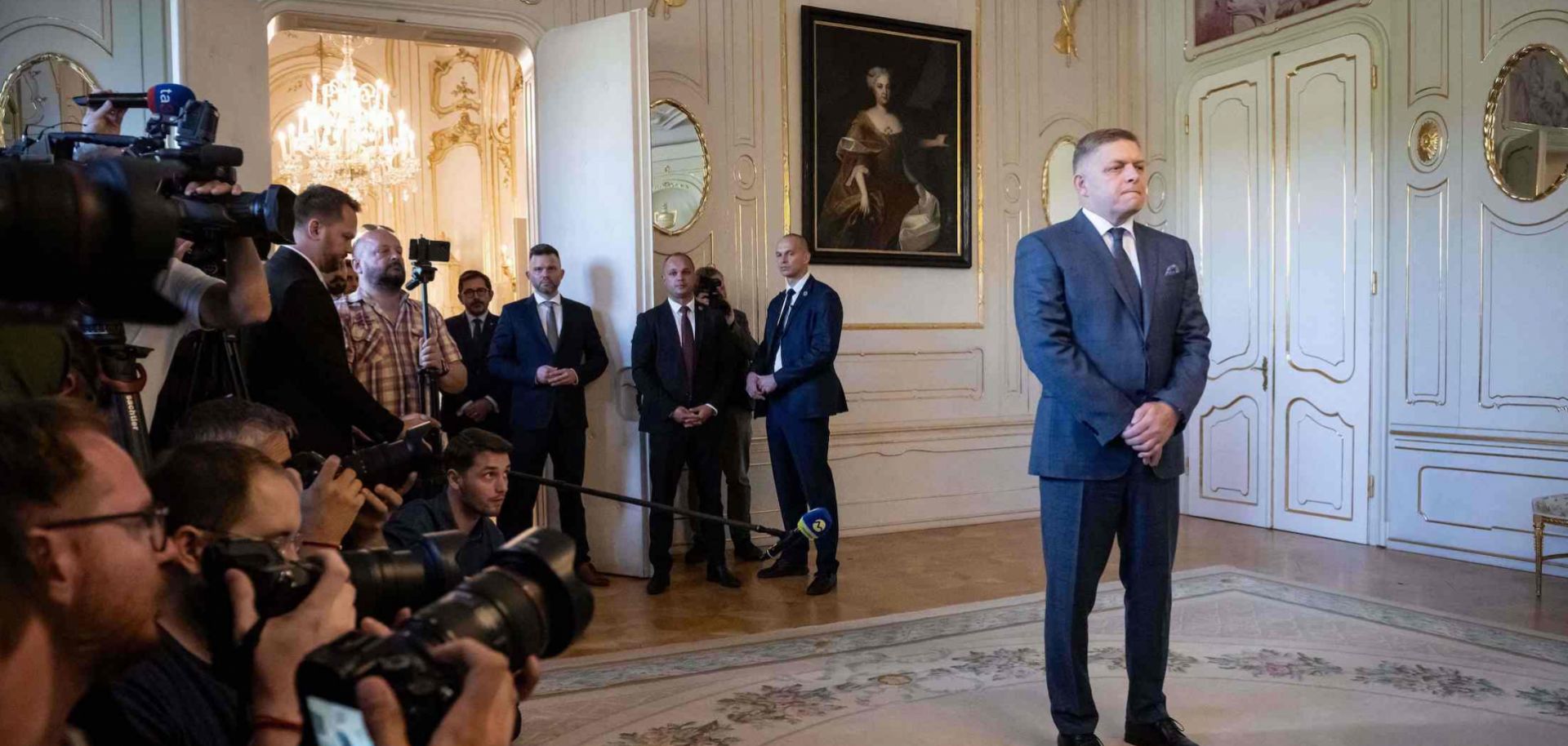A more Eurosceptic government in Slovakia could reduce the country's political and military support to Ukraine and open limited disputes with Brussels, but major policy divergences with NATO and the European Union remain unlikely. The nationalist-populist Direction-Social Democracy (Smer) party of former Prime Minister Robert Fico won the largest share (22.9%) of votes in Slovakia's early elections on Sept. 30, and is now poised to begin coalition talks to form a government. The Western-oriented, liberal Progressive Slovakia (PS) party came in second with 17.9% of the vote, followed by the moderate, center-left Voice-Social Democracy (Hlas) party with 14.7% of the vote. Four other political parties reached the 5% threshold needed to enter the parliament, including the Ordinary People and Independent Personalities (OL'aNO) party, with 9.2% of the vote, along with the Cristian Democrats (with 7%), the liberal Freedom and Solidarity party (with 5.9%), and the nationalist-populist Slovak National Party (with...

